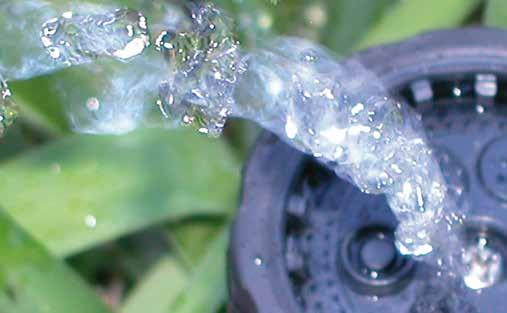22
Understanding Investments: Actions in Volatile Bear Markets We have just been through 3 months of extremely volatile investment markets when we officially entered a “bear market”. This is defined as a 20% fall in an investment index from their recent high. Most investment markets initially fell over 30% and recovered somewhat by the start of May (as I write this article) but as you are now reading this in June, I am sure much more will have happened in the interim. On this occasion, the investment market decline is a secondary consideration as health matters (and the subsequent social distancing restrictions) are rightly the main concern and priority. I hope everyone has been able to get through this difficult time in good health and fair spirits. Returning to investments, what can we learn from past “bear markets” to help make informed and sensible decisions today? • Cash liquidity is always king! Individuals and companies who don’t retain sufficient cash to see them through downturns in the economy or who over-leverage (borrow too much) eventually flounder. When advising clients, we recommend paying off debt first, then keeping cash for emergencies, plus additional cash to replace income (the amount of cash will vary depending on each client’s personal circumstance). Sufficient cash allows you to ride out a bear market giving your investments time to work (and recover). • If you are drawing income from your investments by selling units, review it
immediately! If it’s possible to stop encashing units or at Howard Goodship least reduce the unit numbers after large declines it will protect your long-term investment values. To illustrate this, if you generate £1000 of “income” by selling units priced at £1, you need to sell 1000 units. However, if the unit price falls to 70p, you need to sell 1428 units so that’s selling 42% more units after a 30% fall in the price to generate the same level of income. You then have less units available to benefit if unit prices rise, so it is incredibly hard for your investments to fully recover. Replacing or topping-up your income from your cash reserves for a period of time is preferable. • If you are taking “natural income” ie the interest and dividends generated annually by your investments, expect the income to reduce in the short term. Natural income is my preferred method of drawing income from investments as you are not selling units to generate the income (avoiding the scenario above). You retain the same investment units at all times which should subsequently benefit when markets recover. However, during recessions dividend payments are likely to reduce. Due to the severity of the recent economic slowdown caused by COVID-19 and the almost total shutdown of our economy for a period of time, dividends during the next 6 to 12 months are likely to be adversely affected (commentators suggest
To advertise in The Ferndown & West Parley Directory, please call: 01202 894397










